Projet PRCE ANR-24-CE51-5977 | 2024–2028
Nouvelle valorisation des connexes de sciage du bois par extrusion bivis

Projet PRCE ANR-24-CE51-5977 | 2024–2028
Nouvelle valorisation des connexes de sciage du bois par extrusion bivis

Convergence towards renewable energies with low environmental impact is one of today's major societal challenges. Better use of forest resources as an energy source is therefore highly strategic. However, the direct valorization of wood as a raw material is (almost) non-existent in the literature. Recently, however, the industry has adapted pebble presses for wood pellets production. This process makes it possible to recover sawmill by-products, which account for 50% of sawn timber, but only sawdust can be transformed (45% of by-products, alongside chips and bark). What's more, for large-scale heating pellets production, it is mainly suited to the processing of softwoods (36% of the French forest). Finally, raw material has to be transported, still wet (50% of its mass), to production sites that are often far away from sawmills, then ground and dried before processing. Other methods exist, such as “black-pellet” steam cracking, but all require high financial investment (inaccessible to small sawmills and difficult to make profitable given their cutting volume), as well as considerable resources to dry, refine, convey, store and transform the wood.
In 2020, Ingénierie des Matériaux Polymères laboratory developed a twin-screw extrusion process for converting sawmill by-products, without prior drying or grinding, and without any additives. This approach, based on an original (patented) die system, has several advantages: easy adaptation of process conditions, use of the “natural” water in the wood as a plasticizer/lubricant, taking advantage of the mechanical energy dissipated to transform the wood and partially drying it at the outlet. The pellets produced release more combustion energy and are more resistant to water and mechanical friction, making them highly competitive and easier to transport and store than conventional pellets. All the species tested could be processed, using both sawdust and wood chips as raw materials.

However, this raises several scientific questions, such as
We propose to tackle these questions through an approach combining process study, physical chemistry, thermodynamics, rheology and modeling. Our aim is to gain a better understanding of the wood material transformations involved, which can eventually be transposed to other biomasses, as well as to model this extrusion process for a highly filled fibrous material, so that it can be adapted to all machine sizes and production volumes, with a particular interest in short distribution circuits.
Liste et profils des participant⸱e⸱s, par organisme d’appartenance et par ordre alphabétique.
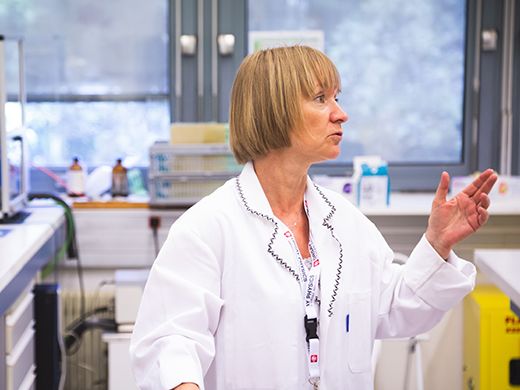
Tatiana BUDTOVA
Directrice de recherche
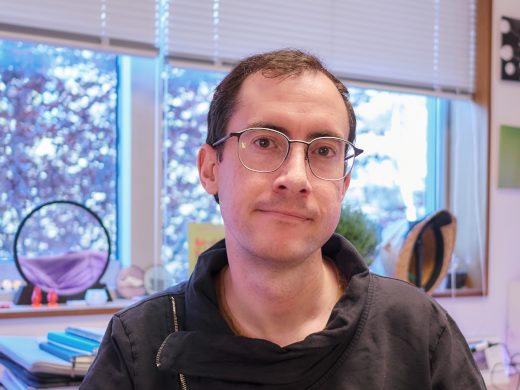
Romain CASTELLANI
Chargé de recherche (HDR)
Coordinateur du projet, responsable de tâche

Rudy VALETTE
Professeur

Candice COUSSOT
Doctorante

Nadine ALLANIC
Professeure
Responsable de tâche

Yves BEREAUX
Maitre de conférence (HDR)

Gaël COLOMINES
Maitre de conférence

Julien LAUNAY
Ingénieur Développement de Projets Technologiques

Yannick MADEC
Assistant ingénieur

Pierre MOUSSEAU
Professeur

Post-doctorant·e à recruter

Stagiaire CSTI à recruter

Sandrine MACHABERT
Développeuse

Laurent RATTE
Directeur commercial / gérant

Corentin RIVAUX
Ingénieur application

Lucas SARDO
Directeur scientifique / gérant
Responsable de tâche

Stagiaire à recruter

Frédéric BECQUART
Maitre de conférence (HDR)
Responsable de tâche
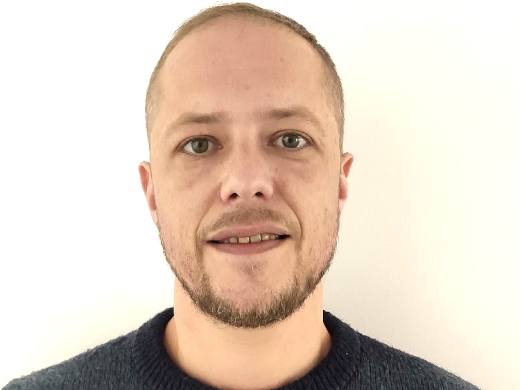
Cyril BENOIT
Assistant Ingénieur

Agnès CREPET
Ingénieure d’études CNRS
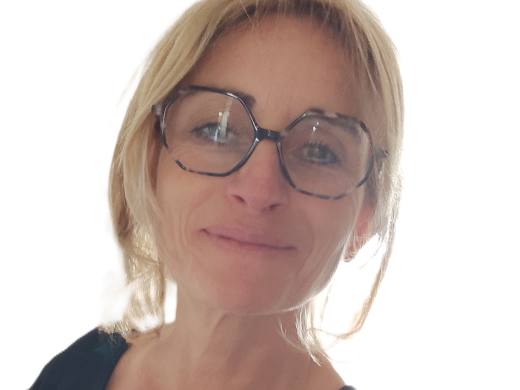
Fernande DA CRUZ
Ingénieure de recherche CNRS

Caroline PILLON
Ingénieure d’études CNRS
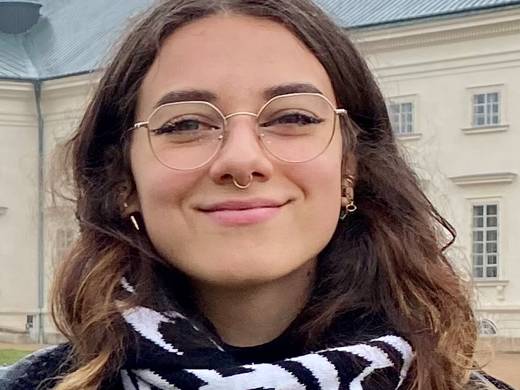
Laurine SIMONETTI
Doctorante
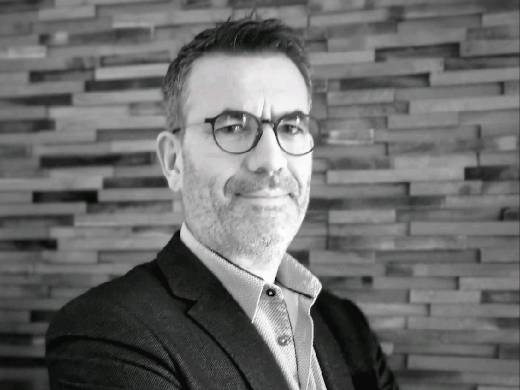
José BRUNET
Dirigeant
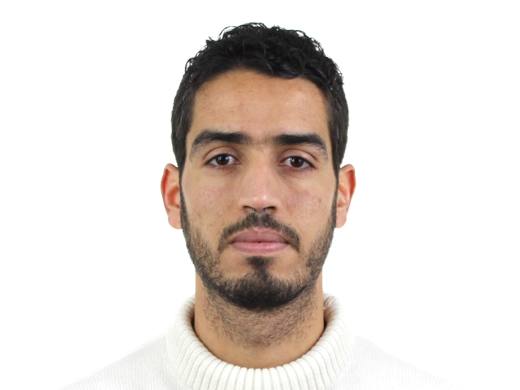
Mohammed Abdelfetah GHRIGA
Docteur-ingénieur
Responsable de tâche
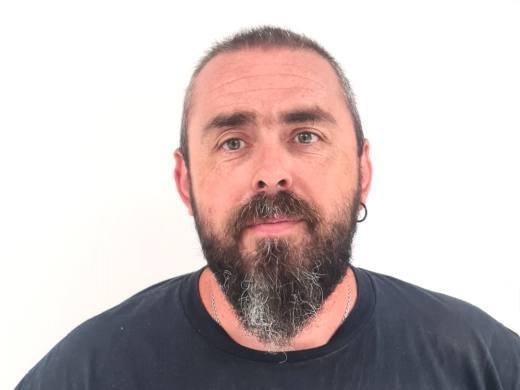
Pierre GIRE
Technicien

Florence MATHIEU
Directrice Scientifique
Pour nous écrire : contact@feelwood.truc.science .